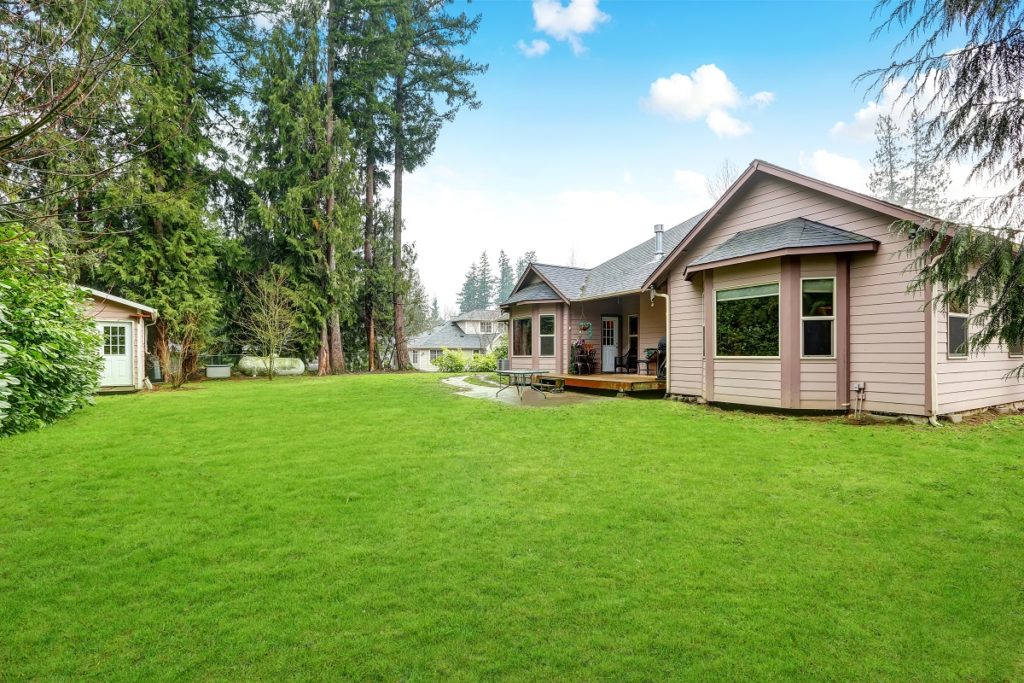There will soon come a time when your house just doesn’t adequately fulfill your needs anymore. Perhaps you’ve got a bigger family now than when you first bought it and you need more space, or maybe you’re looking for something more modern. Whatever the reason is, when the time comes, you’re going to have to think about whether you’ll want to sell your residential property or lease it. If you can’t decide which one to do yet, here are some practical things to consider to help you make the best choice:
Time and Effort
If you’ve already got a lot of stuff on your plate and don’t have time to spare, you might want to consider selling your property. Being a landlord is an incredibly time-consuming and demanding job. You’ll be in charge of preparing your home for viewings, advertising, and running proper background checks. You’re also responsible for overseeing any necessary repairs and maintenance. A property management firm may be able to handle all of this for you, but you’ll end up spending at least 10% of your rental revenue on their services. In this case, selling is the more cost-effective option.
Sales Price
Are home prices in your area appreciating at a quick rate? This might be a good time to wait before you sell your property. You could hold off on selling your home if you believe that its sale price could still rise over the next five years.
Rental income will net you some cash on the side but might not cover all your expenses. Even so, there’s still a chance that you could make a reasonable amount of money despite the losses you’ll incur. Simply make sure you don’t wait too long to sell. Renting a home out for over three years means you can’t claim it as your primary residence anymore, and you’ll be responsible for capital gains taxes once you sell it.

Equity
Most new homes require a substantial down payment from buyers. Unless you’ve already saved up for it, you might need to cash out the equity that you’ve put into your current home. If you don’t have the cash to put at least a 20% downpayment on your new home and you don’t have any alternative means to come up with the money quickly, selling your home might be the only option you have in this situation.
Condition
Potential renters might be willing to overlook outdated home fixtures since they won’t be owning the property anyway. In this case, you won’t have to invest in any major renovations and improvements. However, renters could also potentially ruin your home, making it more difficult to sell in the future. Just because you won’t be living in that house doesn’t mean you won’t have to maintain it still. If you feel that the cost of repairs and maintenance isn’t worth it, then you should opt to sell your home instead.
Distance
Supervising a remote rental can be extremely complicated and difficult. It’s always better to be at least within the same city as the property you’re renting out. Otherwise, you’re going to have to think about the time and money you’ll be spending on travel and miscellaneous costs. Unless you have someone looking after the property for you or if you’re willing to spend money for a property manager. If you’re planning to move to another city, you’re better off selling your property instead.
These are are just some things to think about before you either sell or lease your property. You’ll be able to make the smartest financial decision if you do your research and assess your situation clearly.

